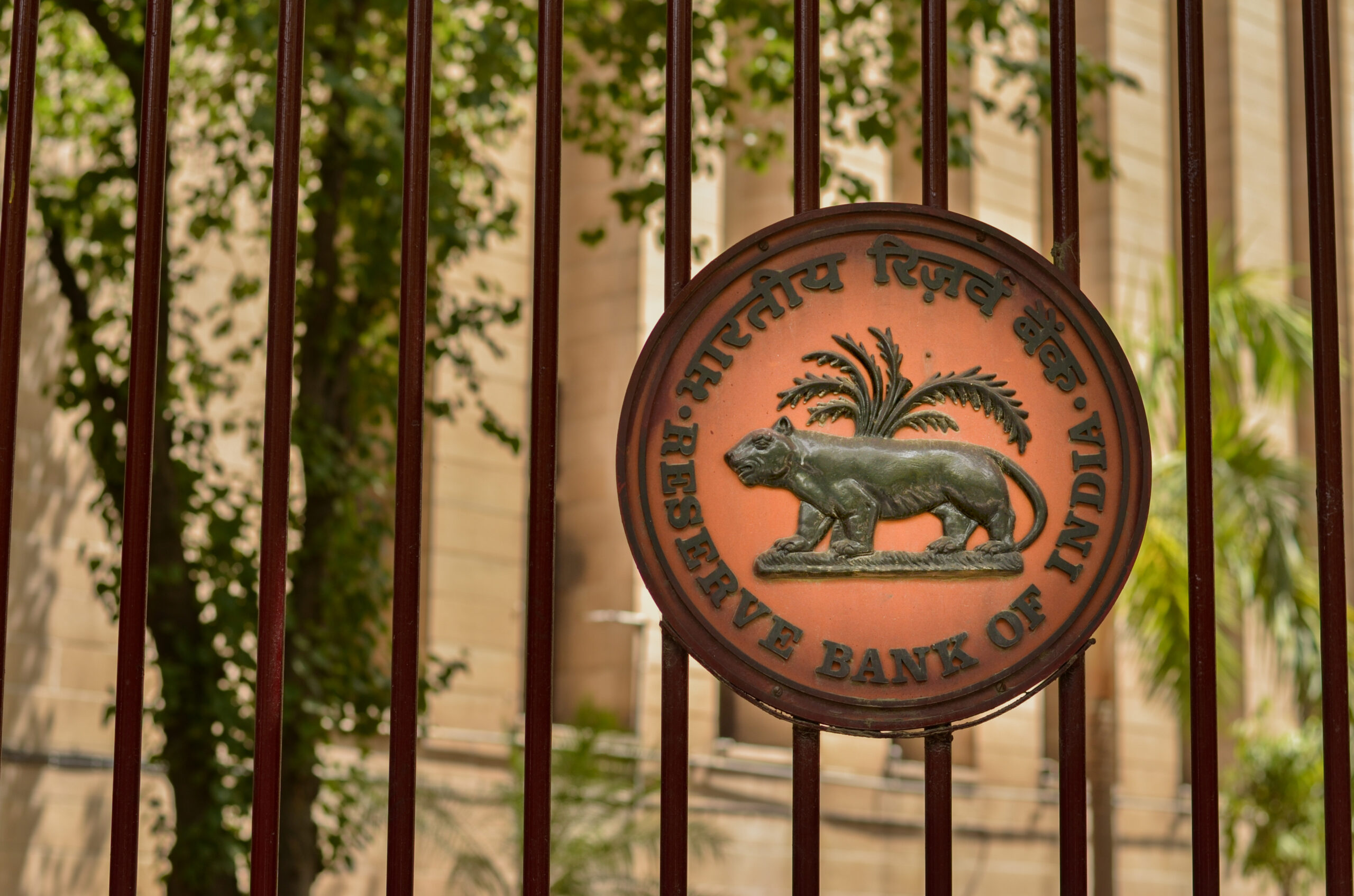 Back
Back
India’s financial information registry will help speed up credit flows: RBI
By Puja Sharma
 According to Reserve Bank of India (RBI) Governor Shaktikanta Das, the national financial information registry will allow lenders to gain a 360-degree view of prospective borrowers, hence expediting loan sanctions and credit flows, as reported by the Hindu.
According to Reserve Bank of India (RBI) Governor Shaktikanta Das, the national financial information registry will allow lenders to gain a 360-degree view of prospective borrowers, hence expediting loan sanctions and credit flows, as reported by the Hindu.
An application for a loan must contain a lot of information before it can be approved by a bank. The idea is to create one registry where, to the extent possible considering issues of privacy and other things, the idea is to provide a 360-degree kind of information system that will be readily available to the lending institutions to ensure that it quickens the process of credit flow,” Das said.
Speaking after a meeting of the central bank’s board with Union Finance Minister Nirmala Sitharaman, Das explained the registry will be backed by law, the draft Bill for which is likely to be finalised soon.
The national financial information registry announced in the 2023-24 Union Budget is aimed at expediting loan sanctions and credit flows by offering lenders a “360-degree” perspective on potential borrowers, Reserve Bank of India (RBI) Governor Shaktikanta Das said last week.
Das added, “A lot of information is required by a bank before a loan is sanctioned. The idea is to create one registry where, to the extent possible considering issues of privacy and other things, the idea is to provide a 360-degree kind of information system that will be readily available to the lending institutions to ensure that it quickens the process of credit flow,”.
On successive interest rate increases denting demand for rate-sensitive consumption like homes, Das emphasised that real interest rates (after factoring in inflation) had only just moved into “positive territory”. Stressing that RBI’s rate increases were driven by its mandate to maintain price stability, he added market forces decide to deposit and lending rates.
“We had negative interest rates for the last three years and persistent continuation of negative interest rates for far too long can create instability in the financial system and have a lot of risks that have to be avoided. When interest rates are rising, there is also somebody called the depositor, his interest has to be taken into account,” he pointed out.
Referring to the Budget’s request to regulators to hold public consultations before framing regulations and setting timelines for regulatory processes, the Governor said the central bank already does consultations on several issues and has some timelines in place which can be prescribed for more processes.
“It’s not as if consultations do not happen But there are certain announcements, which are strategic, or have some arbitrage and other issues involved. The budget speech is suggesting that wherever feasible, it should be done. It brings in the perspective that after issuance of a circular, the need for corrections or amendments will get significantly reduced,” Das explained.
The central bank, he said, faces a challenge in the timely clearance of applications to start a bank or a non-banking finance company or a payment system aggregator, because it requires them to establish the ‘fit and proper’ criteria for the entities concerned with inputs from regulators and agencies within the country, and in some cases, outside India.
“Now, that takes time. We do remind the regulators or the other agencies in foreign countries to get their input. So we will endeavor to adhere to the timelines but sometimes, there is delay mainly because we don’t get the inputs, particularly from overseas regulators and agencies from whom we need to get the required information,” Das noted.
IBSi FinTech Journal

- Most trusted FinTech journal since 1991
- Digital monthly issue
- 60+ pages of research, analysis, interviews, opinions, and rankings
- Global coverage
Other Related News
Related Reports

Sales League Table Report 2025
Know More
Global Digital Banking Vendor & Landscape Report Q2 2025
Know More
NextGen WealthTech: The Trends To Shape The Future Q4 2023
Know More
Intelligent Document Processing in Financial Services Q2 2025
Know More


